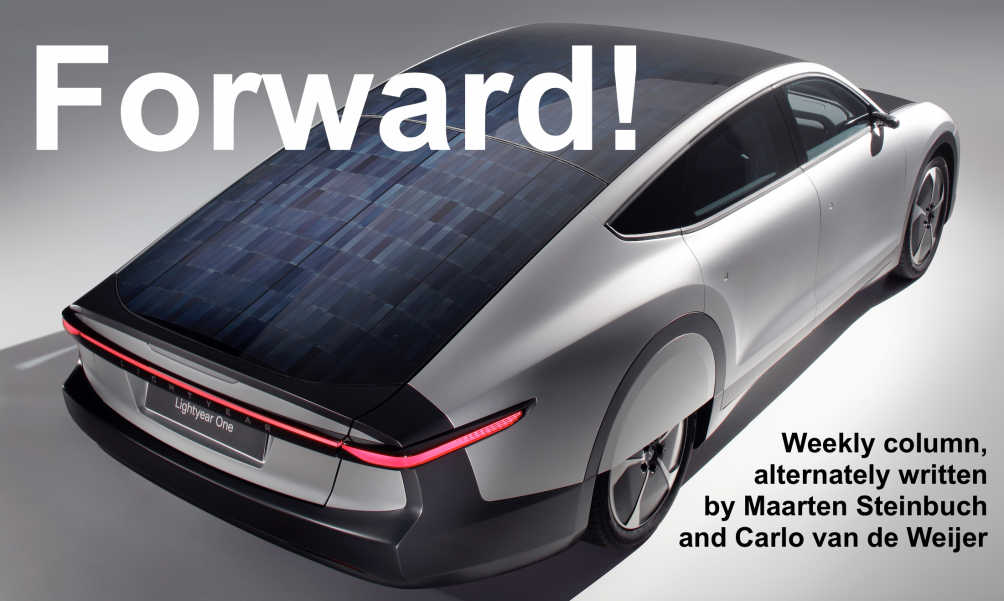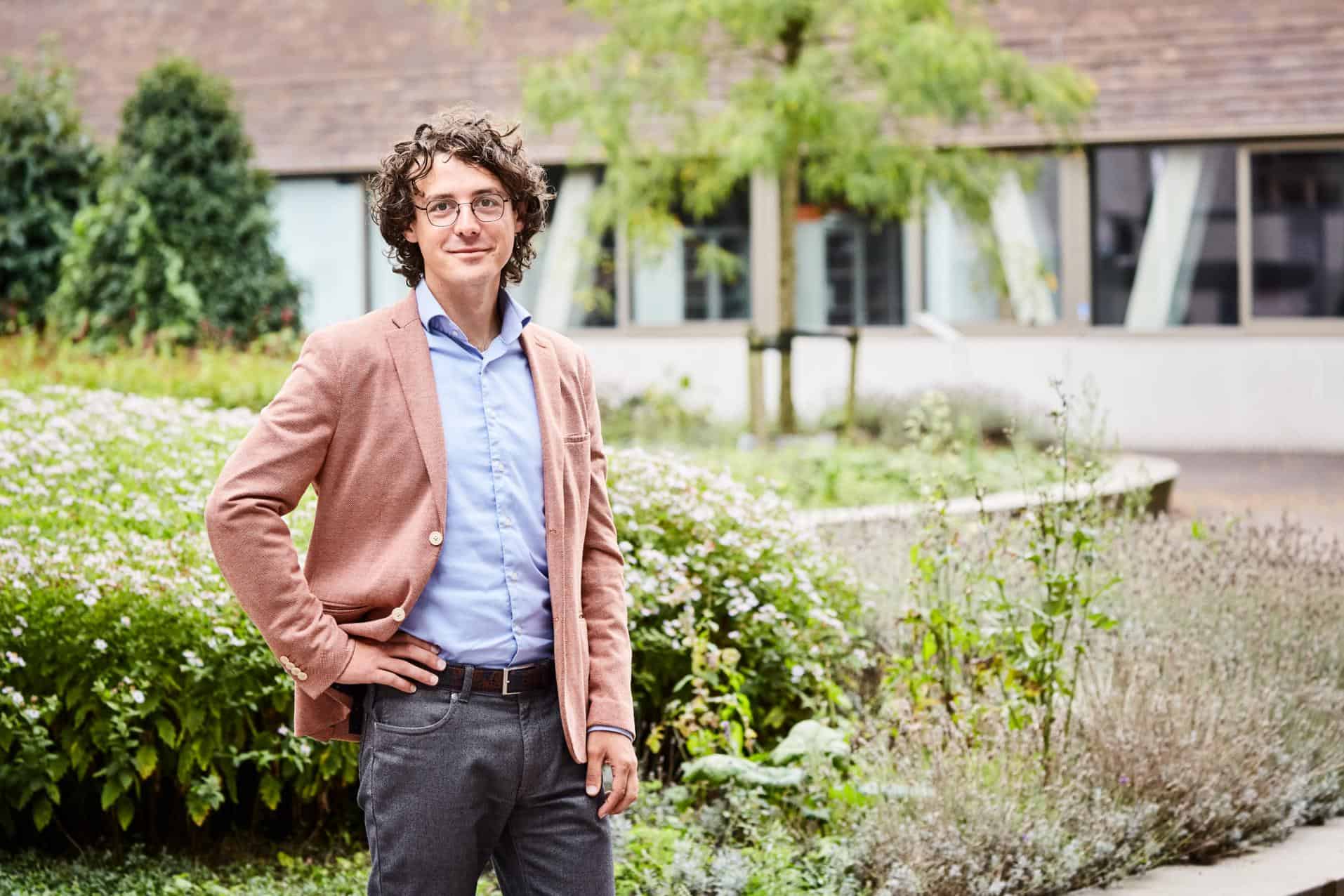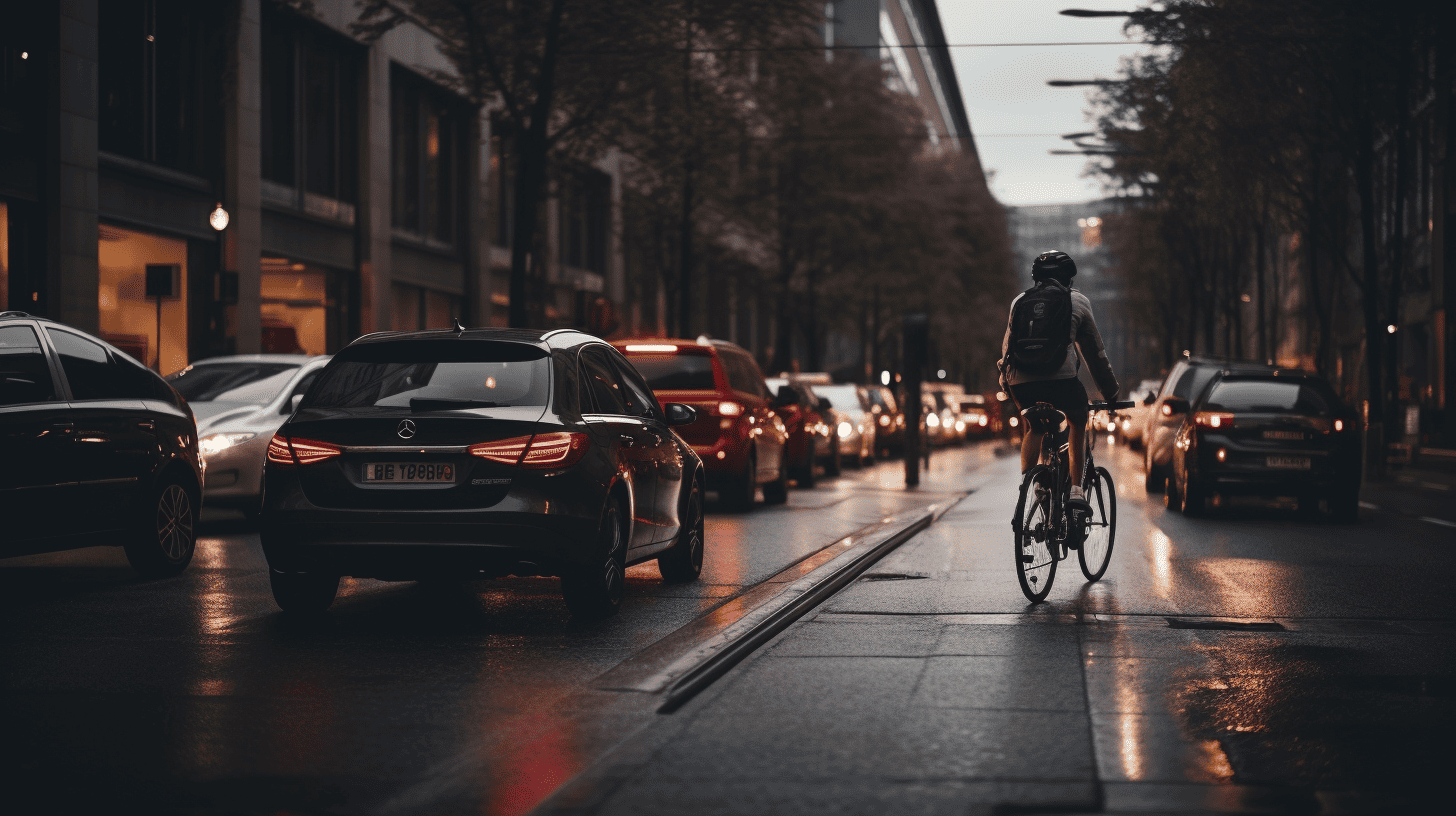
While the Netherlands seems to be at a standstill again due to the new lockdown, it’s time for a moment of reflection on the important developments in mobility over the past year and on the future of mobility.
To start with, we have a new cabinet that places climate change high on the agenda. There is some catching up to do, except in the areas of cycling and electric vehicles, as we are doing well in those areas. We are international leaders with our charging infrastructure and technology.

Sales of new electric cars will reach around 20% of total car sales in 2021, at maximum. This is less than expected, probably because of the increase in the additional tax. However, my prediction of a 50% share in 2024 or 2025 still stands. The purchase subsidy scheme for private individuals was used up within a few days at the beginning of this year. From January 3, the scheme will start again, so be quick.
Max Verstappen having become Formula 1 world champion is good for our national feeling and good for motorsport. In addition, the entire F1 season was incredibly exciting, with a closure that is almost impossible to describe. The race at Zandvoort was also a great success. Car engineering is fun. I hope that the fully electric Formula-E can come to the Netherlands soon.
Last summer, my wife and I charged for the first time at a 250 kW fast charger, on our way to the South of France. After twelve minutes we had almost 300 km more range. We hadn’t even finished our coffee. The display in the car showed a charging speed of 1600 km/hour. For us, it was an experience that heralded a new phase in electric driving for long distances.
Meanwhile, electric flying has really landed in the Netherlands. At Teuge airport, the E-Flight Academy has started offering lessons in an electrically powered aircraft. It marks the emergence of a new mobility segment for distances up to 500 km, or perhaps even further, with up to several dozen passengers per flight in the longer term.
Solar car manufacturer Lightyear has made successful test drives with their first car with solar panels. It achieved a whopping 713 km on a single battery charge. In addition, the company has new investors on board to start making the first series. The news this month is that they have also already secured an order for five thousand Lightyear Two’s, the low-cost model, due in 2024.
A nice development for next year would be to move full speed ahead to a sustainable society after the victory over the pandemic.
Maarten Steinbuch and Carlo van de Weijer are alternately writing this weekly column, originally published (in Dutch) in FD. Did you like it? There’s more to enjoy: a book with a selection of these columns has just been published by 24U and distributed by Lecturis.







